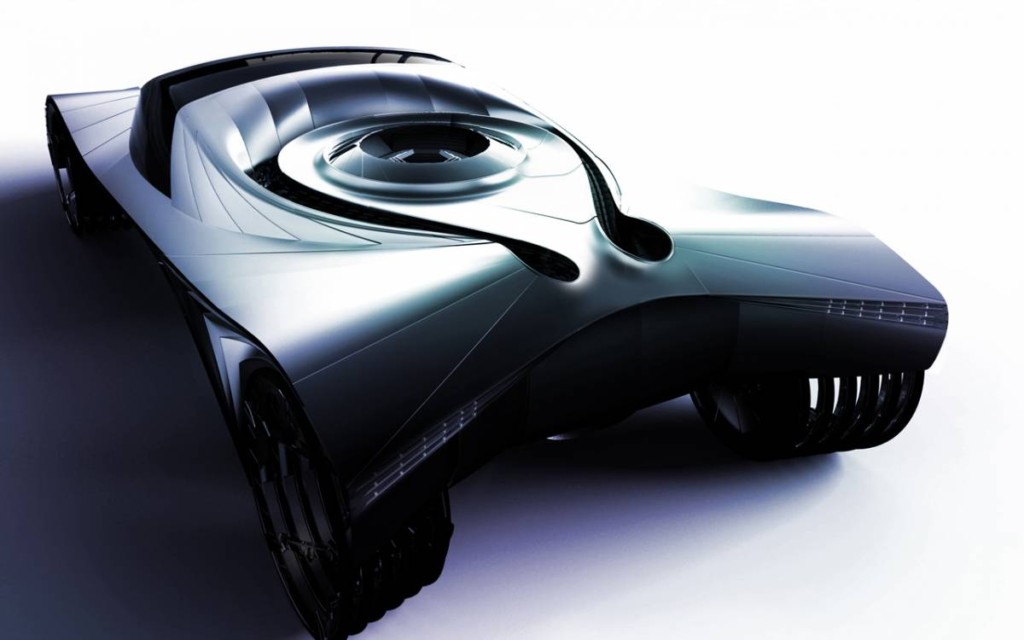Table of Contents
Forgotten Innovations that Could Shape the Future
In our age of advancing technology, where electric and hybrid cars gain popularity, there’s renewed interest in past technologies that might revolutionize our understanding of automobiles. Let’s explore neglected concepts and inventions capable of not only making cars free to operate but also liberating them from traditional fuel dependencies.
Technologies Hidden from Consumers in the Pursuit of Profit
Not all innovations are intended for immediate industrial application. Many groundbreaking ideas that could render car operation free are often shelved due to economic interests of major companies. Abandoning traditional energy sources may jeopardize the profitability of the fuel industry, causing resistance from key players.
Past Inventions Ready to Reshape the Future
Among these forgotten technologies are systems relying on safe energy sources like zero-point energy, Tesla’s free energy, and other unique concepts. While these ideas might have seemed unattainable in the past, modern technological capabilities open new perspectives for their implementation.
Why Free Cars Are Not in Everyone’s Interest
Despite the apparent advantages of free car operation, there are those for whom it is not beneficial. The fuel industry, spare parts manufacturers, and even governmental bodies relying on fuel taxes may be uninterested in a revolution that could threaten their stability.
Striking a Balance Between Progress and Economic Gain
As a society, we face the challenge of finding a balance between technological progress and the interests of those dependent on the existing order. Free cars are not only a technological achievement but also a challenge to a system accustomed to assigning value to energy.
Past Discoveries Ready to Shape the Future
Technological gems from the past, capable of making car operation free, await their time in the archives. However, realizing this potential requires overcoming not only technical hurdles but also the resistance of those whose interests might be jeopardized. The question is not just about technology but also about society’s readiness to move forward, even if it means disrupting the status quo.

As of now, there are no commercially successful and mass-produced cars entirely powered by free energy from sources like the sun, magnets, or water. However, there are prototypes and concepts that utilize alternative energy sources. It’s essential to note that these concepts are still in the developmental stage and have not gained widespread acceptance.
- Solar-Powered Cars:
- Lightyear One: The Dutch company Lightyear has developed the Lightyear One, a car equipped with integrated solar panels on its body. These panels are designed to charge the car’s batteries, enhancing its efficiency and autonomy.
- Stella Vie: Another example is the Stella Vie, a solar-powered car created by students from Eindhoven University of Technology. The vehicle incorporates integrated solar panels to generate energy.
- Electromagnetic Generators:
- In the past, there have been ideas about using magnets to create perpetual motion without the need for an external energy source. However, these ideas often faced technical challenges and were not proven to be efficient.
- Hydrogen-Powered Cars:
- Cars utilizing hydrogen fuel cells can be considered an alternative, though not free, as hydrogen can be produced using renewable energy sources. Examples include the Toyota Mirai or Honda Clarity Fuel Cell.
While these examples provide insight into potential directions of development, creating entirely free energy cars from unlimited sources remains a challenge due to technical, economic, and ecological complexities.



